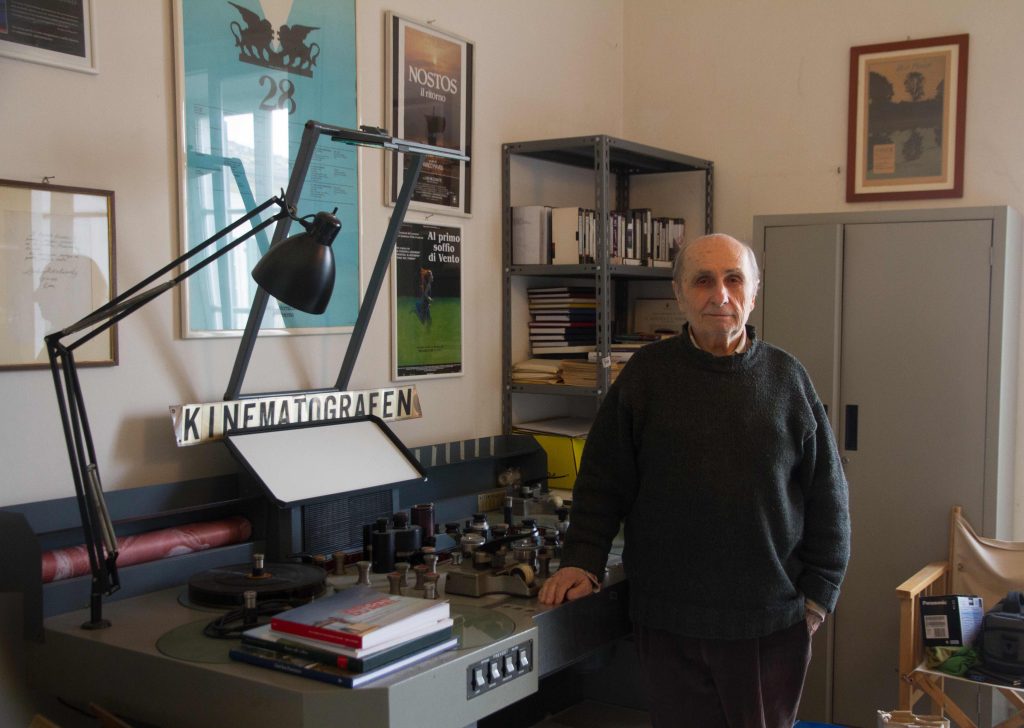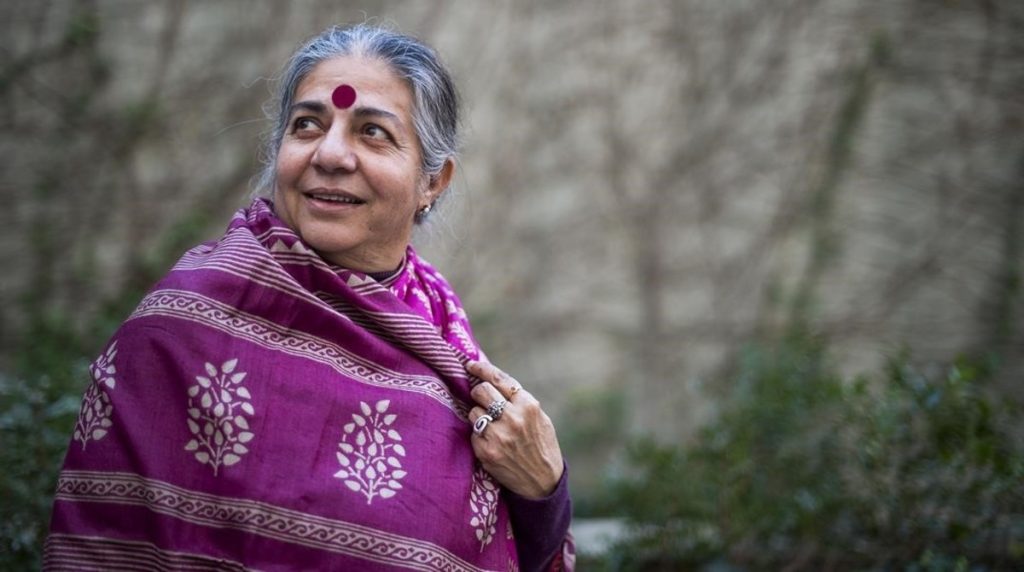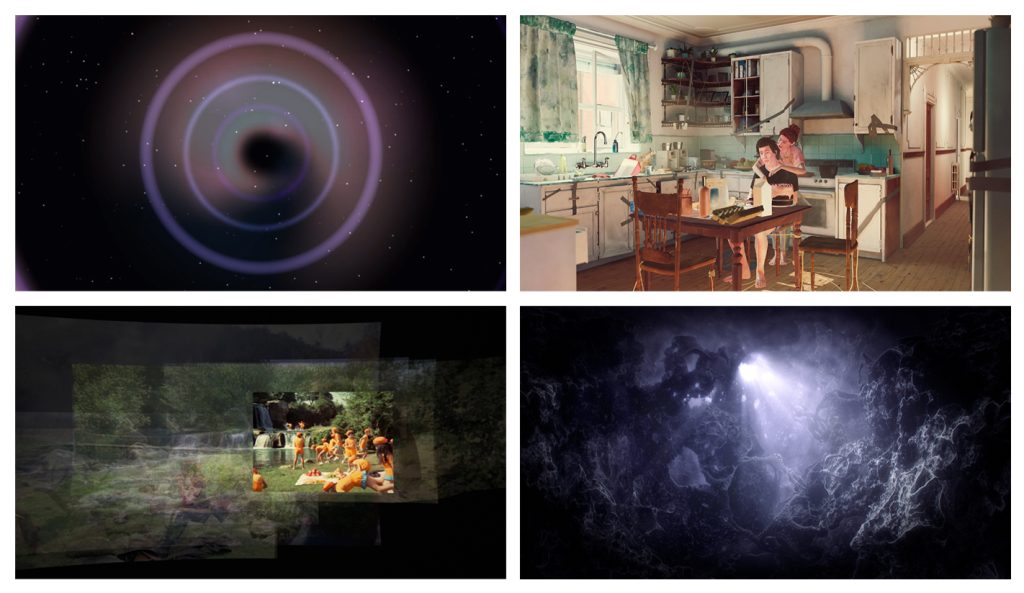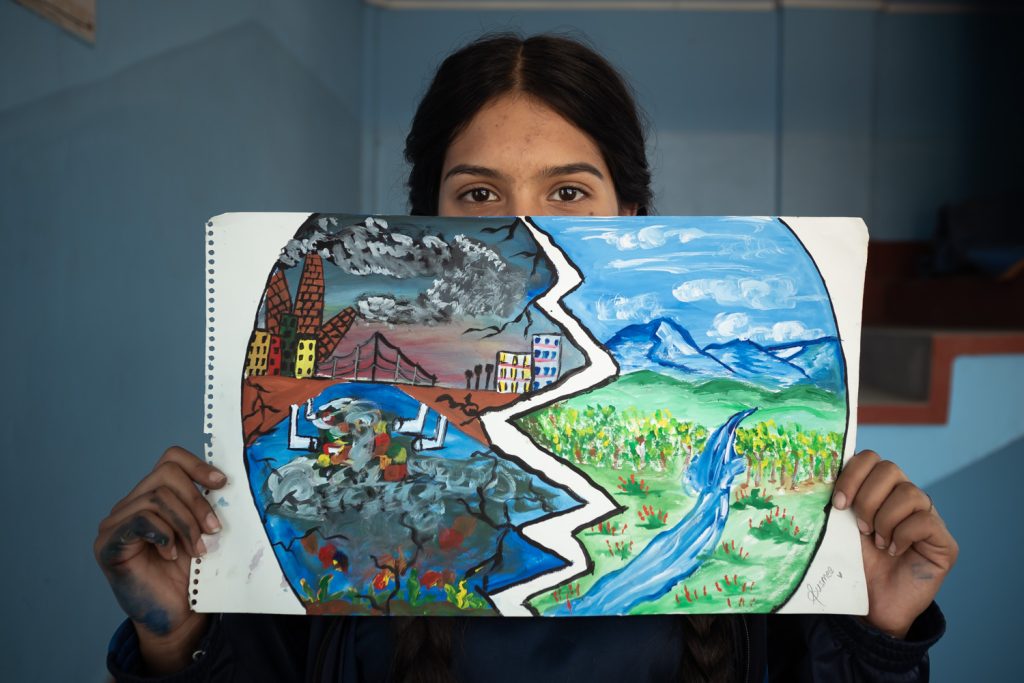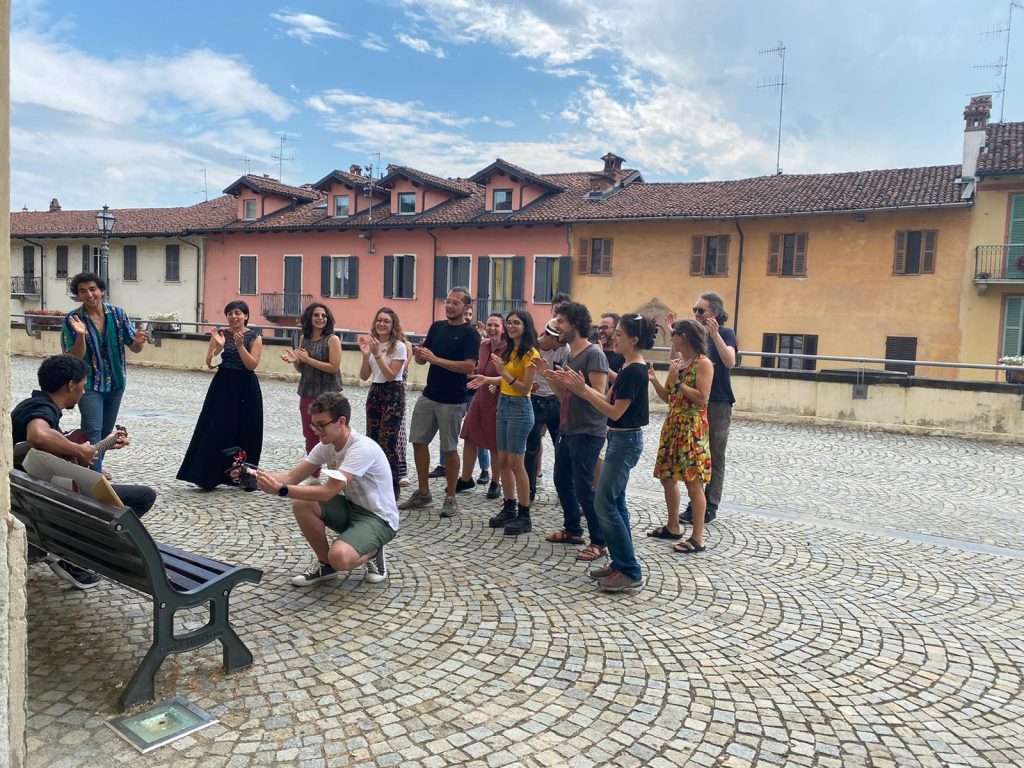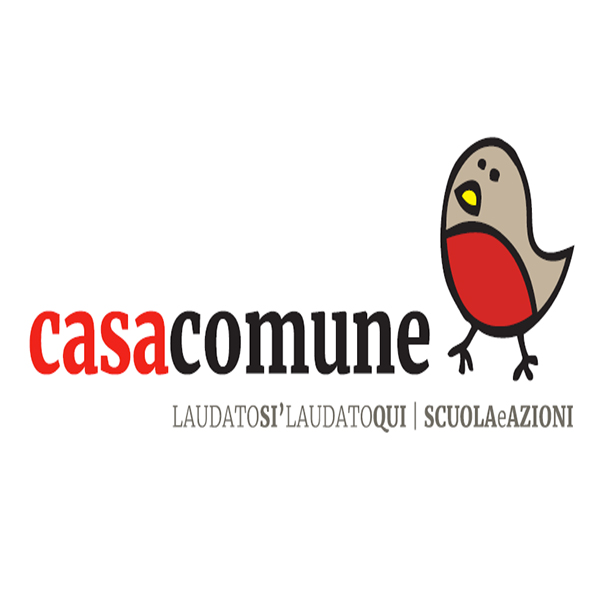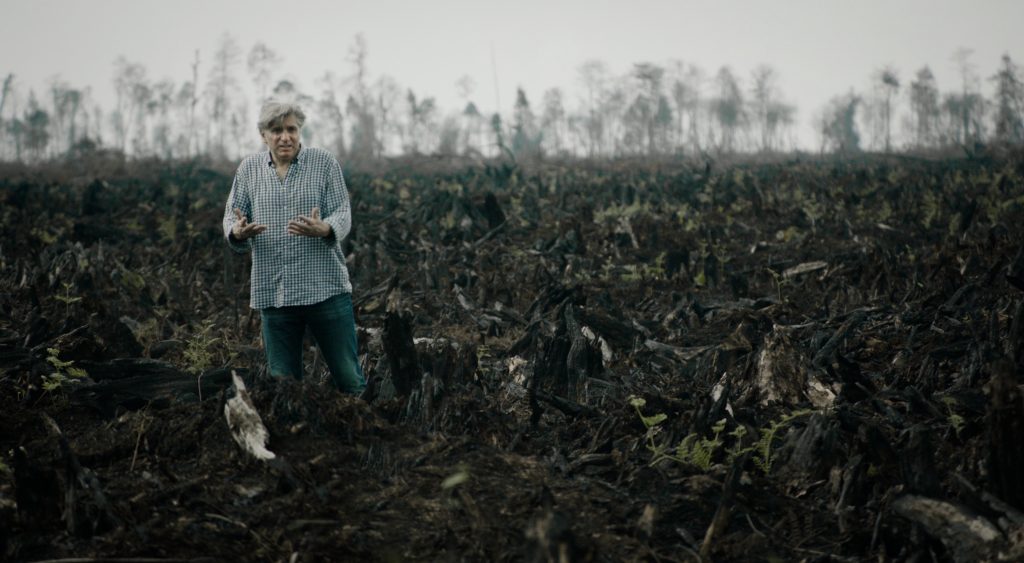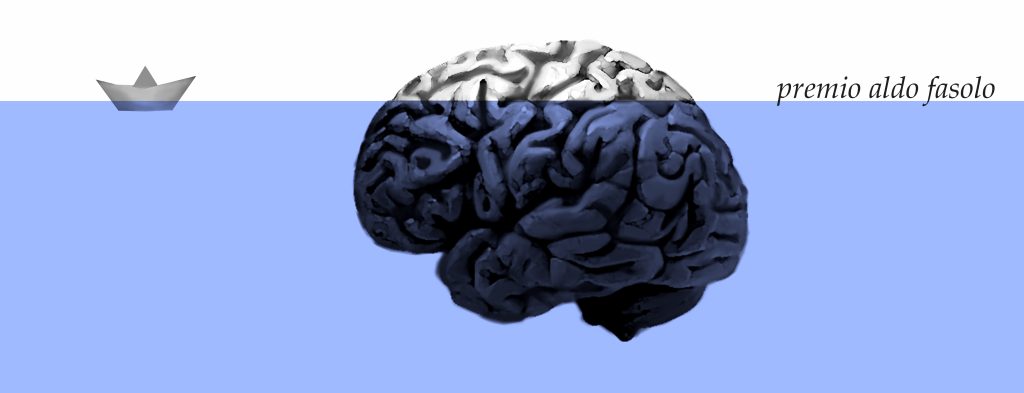SATURDAY 10TH JUNE, CIRCOLO DEI LETTORI, H. 5.30 pm
In collaboration with Circolo dei Lettori, Casacomune and Libreria Binario Centro Commensale, CinemAmbiente organised during the first moths of 2023, a series of editorial presentations: the Ecoletture – Ecoreadings. This year’s cycle will be completed during the Festival with the presentation of the volume Ecovisioni. L’ecologia al cinema dai Fratelli Lumière alla Marvel (Ecovisions. The cinema’s ecology from the Lumière brothers to Marvel) by Marco Gisotti, published by Edizioni Ambiente. The book describes the story of cinema through environment and climate’s issues and it reviews 150 films. It creates a chronological excursus that begins with Baku, described by Bertrand Tavernier as “the first ecologist film ever realized”, produced by the Lumière Brothers in 1887, then sweeping from Buster Keaton to Metropolis, from Bambi to Soylent Green, from the first Avatar to the newer Siccità, including the great movies and the most significant directors that from the birth of cinema until today were able, through their own style, to describe and evoke the climate crisis and the possible solutions. Movies which have revealed, also indirectly, pieces of Italian history, such as the real tragedy of Polesine in Il ritorno di Don Camillo (The return of Don Camillo), but also current issues, such as the environmental speculators, enemies of James Bond, in 007 Quantum of Solace or the Marvel’s movies where the 9/11 metaphore is replaced by the concerns about the future of resources and ecosystems.
The focus is also addressed to the environmental impacts and sustainability of the entire cinematographic industry. “Cinema and ecology are ‘inventions’ of the nineteenth century – writes Gisotti – The first Lumière brothers’ public projection dates back to 1895, but nearly 30 years before, in 1866, the German biologist, Ernst Haeckel, invented the word ‘ecology’. A century later, Europe aims to emerge from the climate crisis by 2050. In fact, the goal is to become climatically neutral, not to get out from the crisis! To get to 2050, we will need a cinema of optimistic reason, but which does not hide CO2 under the carpet, which challeges scientific ignorance without becoming too technocratic, which has the strength to expose without giving up on its public, which brings on the table a new pact between humans and nature. Above all, a cinema that does not need to become a doctrine, propaganda or manifesto, but that does what it always did: entertain its public. And, by entertaining it, let the public reflects itself in its ecovisions.”


